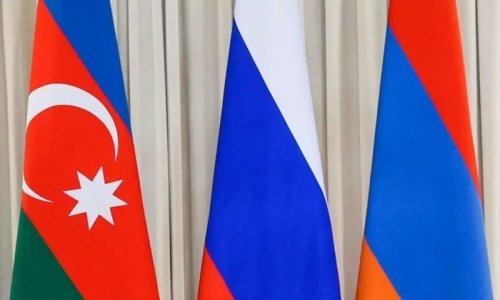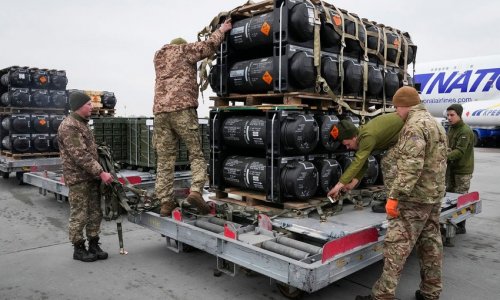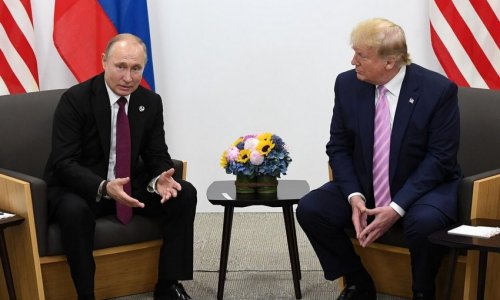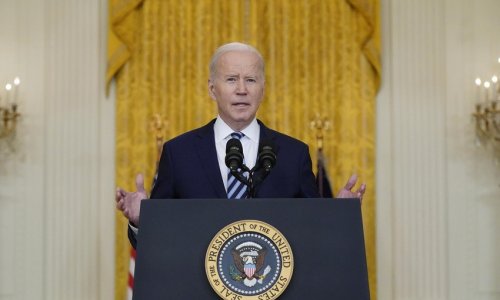Four women arrested in recent months for taking part in anti-military protests have said they were subjected to virginity tests by the police whilst in custody.First-hand accounts of their traumatic experience -- published by the social news website BuzzFeed last week -- prompted an outcry from local and international rights groups angered by what some groups have described as "atrocious crimes" committed by the state since the ouster of former Islamist President Mohamed Morsy in July.The virginity checks allegedly performed on the female detainees signal the return of a practice aimed at humiliating and terrorizing women protesters.One of the women who says she was forced to undergo a virginity test in January while she was in detention at Qanater Prison told Buzzfeed: "I thought the tests were history. I thought we had left them behind in the days of Mubarak."Pattern of abuseIn December 2011, activists had celebrated after the Cairo Administrative Court ordered an end to the shameful procedure, declaring it illegal in Egypt.The verdict was seen as a victory for Samira Ibrahim, the young activist who had filed a legal complaint against the military after she and at least six other female protesters were subjected to virginity checks performed by a military doctor on March 9, 2011."We performed the tests to prove that the girls were not virgins so that they would not accuse the army of rape later on," a high-ranking general told me in a telephone interview on May 30, 2011. It was the first admission from a military general that the tests had been performed, reversing earlier denials by the army that they had happened.However, in March 2012, a military court acquitted the military doctor charged with performing virginity tests, on grounds of "conflicting testimony." His acquittal was seen by rights activists as a blow for any hopes of accountability for the abuses women had suffered at the hands of the military.Analysts and rights advocates say the virginity checks are part of a pattern of abuse practiced by the State Security Service that was reportedly dismantled after the January 2011 revolution but that has now returned.Since military-backed protests led to Morsy's overthrow, thousands of Muslim Brotherhood members and supporters have been arrested and an estimated 1,400 people have been killed in political violence.Many of the deaths were caused by "excessive and unwarranted use of force by the police and military," according to Amnesty International.In recent months, the security crackdown on the Muslim Brotherhood -- designated by Egypt as a terrorist organization in December-- has widened, targeting dissenters of all stripes including secular activists and journalists.Reports of tortureMany Egyptians have turned a blind eye to the rights abuses committed by the security forces against Brotherhood supporters and some even condone the killings as necessary to rid the country of the the people they call terrorists whose aim, they say, is to destroy Egypt and plunge it into chaos.In recent weeks, there has been an increase in reports of torture of political detainees, many of them based on testimonies of the prisoners themselves.Earlier this month, Interior Minister Mohamed Ibrahim issued a statement denying allegations of torture or sexual assault by police. Ibrahim said several human rights organizations had visited prisons in Egypt and met with inmates and he welcomed further requests from groups wanting to check the conditions for themselves.A police officer working for the Ministry of Interior's media department (who requested to remain anonymous because he was not authorized to speak to the media) said that those who make such allegations were "enemies of the state" who wanted to damage relations between the people and the police.In a televised address to the nation broadcast on July 3 -- hours after Morsy was toppled -- Defense Minister General Abdel Fattah El Sisi promised a democratic transition and an inclusive government.He has delivered neither. Riding high on a wave of nationalist fervor, he is widely expected to announce his presidential candidacy in the coming days. While he is being touted as "the nation's savior" to bring stability, his potential candidacy is certain to deepen the polarization and increase political turmoil in the country.Atmosphere of fear and uncertaintyEl Sisi has said Morsy's ouster has saved Egypt from civil war but a surge in apparent revenge bomb attacks by jihadi groups targeting security installations and checkpoints across the country since then is evidence to the contrary.Indeed, the fear barrier was broken during the January 2011 revolution and young revolutionary activists believe the trend is irreversible. They insist their revolution -- "hijacked by Islamists and subsequently, by the military" -- will continue despite the setbacks.But with a draconian law in place, criminalizing protests without prior permission from the police, the activists' mission has been made difficult. They have been left with no alternative but to turn to social media networks to garner public support for their campaign.Security agencies meanwhile, have made no secret of the fact that these networks are now heavily monitored, increasing the risk of arrest of internet activists critical of the government. And with the traditional pro-military media continuing to communicate messages that incite hatred of Islamists and spread fear among the public, an overwhelming majority of Egyptians have decided to back the military's return to power.It is in this atmosphere of uncertainty and fear that the virginity tests have made a comeback. Few Egyptians are willing to speak out against the degrading practice and other rights violations. Many of them say they cannot afford to forsake security and stability for democratic principles and human rights.One of the detainees who says she was recently subjected to a virginity test whilst in custody told BuzzFeed "The people have forgotten what the army did to us in 2011. El Sisi supported the virginity tests for those girls in Tahrir," she said.To her and other opposition activists, the overwhelming popular support for the military is both bewildering and frustrating.(CNN)ANN.Az
Virginity test allegations re-emerge in Egypt's 'climate of fear'
World
16:59 | 22.02.2014
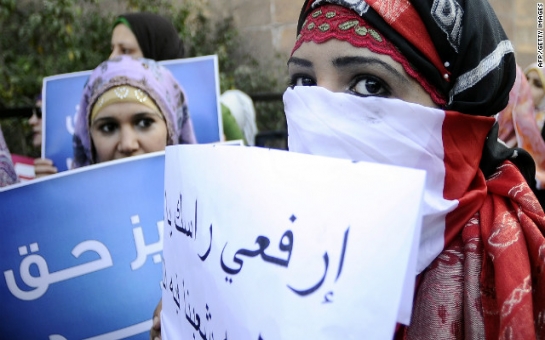
Virginity test allegations re-emerge in Egypt's 'climate of fear'
The apparent resumption of forced "virginity tests" by security forces in Egypt has dashed activists' hopes for democratic reforms and fueled fears of a return to police brutality and abuse reminiscent of the Hosni Mubarak-era.
Follow us !

